Instant Optimizing Embedded Systems Using BusyBox. Learn to optimize embedded systems with Busybox using practical, hands-on recipes Wu Zhangjin, Cao Ziqiang
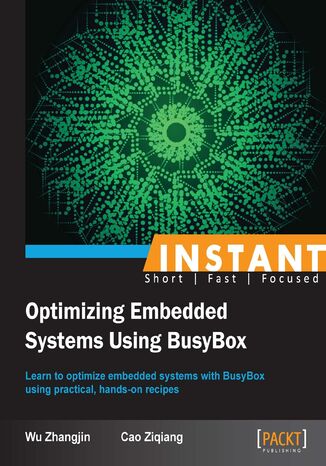



- Autorzy:
- Wu Zhangjin, Cao Ziqiang
- Wydawnictwo:
- Packt Publishing
- Ocena:
- Stron:
- 72
- Dostępne formaty:
-
PDFePubMobi
Opis
książki
:
Instant Optimizing Embedded Systems Using BusyBox. Learn to optimize embedded systems with Busybox using practical, hands-on recipes
Instant Optimizing Embedded System Using BusyBox is a practical, hands-on guide that provides you with a number of clear, step-by-step exercises to help you take advantage of the real power behind Busybox, and give you a good grounding for using it to optimize your embedded (Android Linux) systems.
Moving on from the basics, this book will teach you how to configure and compile it from source code, including cross-compiling it with static linking and dynamic linking. You will also learn how to install and use Busybox on the Android emulator. You will learn to replace the simple Android mksh console with Busybox ash console and start a telnet and HTTP service provided by Busybox. You will also build embedded Linux file system from scratch and start it on Android emulator. We will take a look at how to add functionality to Busybox based system, including adding external applets to Busybox, as well as building development environments (like Bash and C) for it manually or with the automatic Buildroot system.
If want to learn how to take advantage of using Busybox applets to optimize your embedded system, then this is the book for you for it will also show you how to use the powerful applets to optimize multiple aspects of an embedded (Android Linux) system.This book will teach you how to build an embedded (Android Linux) system with Busybox, enhance its functionality to meet diverse system requirements, and optimize it to provide a better user experience for embedded products.
Wybrane bestsellery
Packt Publishing - inne książki
Dzięki opcji "Druk na żądanie" do sprzedaży wracają tytuły Grupy Helion, które cieszyły sie dużym zainteresowaniem, a których nakład został wyprzedany.
Dla naszych Czytelników wydrukowaliśmy dodatkową pulę egzemplarzy w technice druku cyfrowego.
Co powinieneś wiedzieć o usłudze "Druk na żądanie":
- usługa obejmuje tylko widoczną poniżej listę tytułów, którą na bieżąco aktualizujemy;
- cena książki może być wyższa od początkowej ceny detalicznej, co jest spowodowane kosztami druku cyfrowego (wyższymi niż koszty tradycyjnego druku offsetowego). Obowiązująca cena jest zawsze podawana na stronie WWW książki;
- zawartość książki wraz z dodatkami (płyta CD, DVD) odpowiada jej pierwotnemu wydaniu i jest w pełni komplementarna;
- usługa nie obejmuje książek w kolorze.
Masz pytanie o konkretny tytuł? Napisz do nas: sklep@helion.pl
Książka drukowana


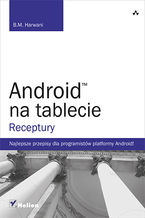
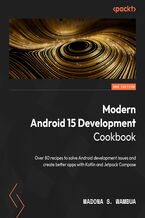




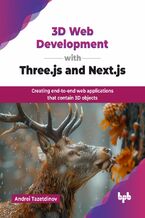
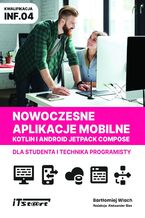
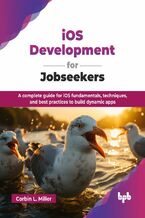
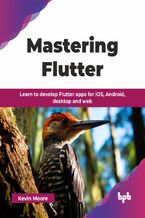
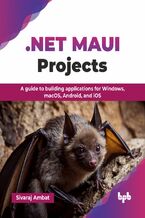








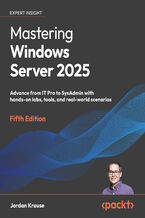

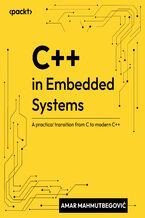
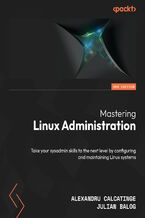
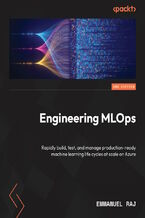

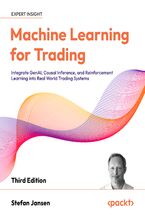
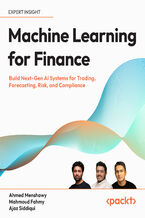



Oceny i opinie klientów: Instant Optimizing Embedded Systems Using BusyBox. Learn to optimize embedded systems with Busybox using practical, hands-on recipes Wu Zhangjin, Cao Ziqiang
(0)